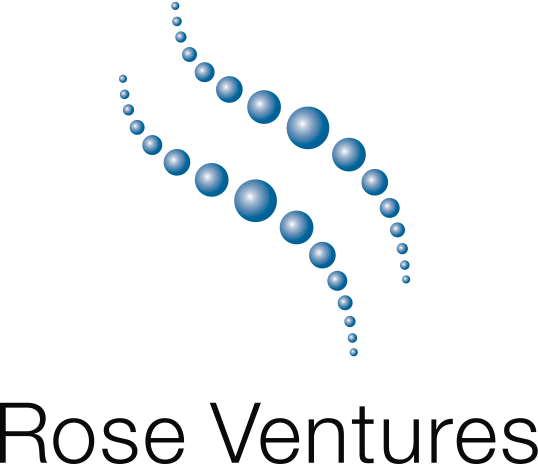Rose Bio Blog: reflections and tales of life science startups
For more than three decades I’ve been working at the interface of life science research and commercial endeavors, most of them involving applications of genome analysis, with several having had a significant impact. Over the past year I’ve been considering a variety of ways to share stories of my experiences, including lessons learned, general reflections and observations, nostalgic tales of the way things were, and thoughts on current events when relevant. In so doing, I hope to contribute to the collective wisdom of the ever growing community of scientific founders and bio-entrepreneurs. We all share a passion to improve the human condition through enhanced knowledge of biology and commercialization of compelling life science products and services.
So why write a blog? I’m often asked about past experiences, or for guidance on handling a wide range of situations encountered in early stage life science companies, and I know I personally would have benefited from knowing some of these things earlier in my career. I currently serve on a few Boards, but that limits my exposure to a relatively small number of people. Many who know me personally reach out with questions, or to share their experiences, but that’s still not a broad audience. Write a book? Maybe someday, but it takes too long, and life is short and unpredictable. Teach a course? That’s become more difficult in this time of COVID-19, especially for someone who is immuno-compromised. And teaching generally requires a bit more structure and preparation than I’m ready to provide at the moment. Start a YouTube or Podcast channel? I’m probably too “old school” for that, and just more comfortable writing than talking or being filmed.
So at least for the time being, I’ve settled on this blog. One of the nice things about a blog is that you can post your thoughts in near real time (if you choose), in bite size pieces, and in a stream of consciousness - in the sense that one post doesn’t need to follow another chronologically, or even in terms of a story line, as it would in most books. So I’m going to give it a try and see what you think.
As I’ve contemplated this blog, one of the things I’ve struggled with is the challenge of sharing information from the past in a manner that is perceived as relevant today. We live and work in a world that is constantly changing, and where many things done in the past may sound (or actually become) dated and no longer relevant, whether in appearance or reality. I’ve said many times that it’s nearly impossible to predict what the world may look like even 5 years from now. How do I know? Just think about the number of things that have happened in the past 5 years that nobody could have predicted!
On a very personal level, I’m aware that PCs didn’t exist when I wrote my Ph.D. thesis. We no longer use fax machines, and younger folks don’t even know why some of us talk about “dialing” a telephone number. Recently I asked a lawyer if they knew what a “telex” was when I spotted it listed as an appropriate way to contact someone in the “Notices” section of the boilerplate on some legal contract. Airline travel changed forever on 9/11, and the way we work has likely changed forever yet again since COVID-19 engulfed the world early last year. Just a few examples – although I’ve also had the pleasure of being ahead of my time in several respects. I was working remotely 20 years before it become the de facto standard this past year, and carried a surgical mask in my pocket for 10 years before the current pandemic hit. But I digress...
I’m hoping to share stories that resonate with you so they will be remembered and/or inspire new ideas. Recall the famous George Santayana quote: “Those who forget the past are condemned to repeat it.” Well by the same token, those who never study the past may not be prepared to benefit from the lessons learned. This is not new or insightful. You or a colleague have probably spoken about consulting someone “who’s been around the block before.” Or as one of my wiser Board members used to say in response to a bad idea, “I’ve seen that movie before and I don’t like how it ends.” Which is one of the reasons he was such a valuable Board member.
With so much attention these days on “innovative thinking” and “the next great idea”, stories of events that occurred 10, 20 or even 30 years ago may not seem so interesting. Yet compelling stories of past successes and failures, innovative solutions to problems, “rules of the road” that remain unchanged, provide valuable lessons to be learned, or perhaps the spark that ignites a new concept. In spite of constant change, certain aspects of the human experience remain the same. Certain features of successful emerging businesses do too. Examples include trust, good judgement, strong relationships, effective communication, strategic thinking, self motivation, intense effort, leadership, teamwork, pleasure, pain, and in the end, as Jim McKay would say, “the thrill of victory... and the agony of defeat.” Plus ça change, plus c'est la même chose.
My main objective here is to inform and inspire, and as with all of my businesses, to try to create value for all involved (including you, the reader), and to have fun in the process.
Thanks for taking a look, and feel free to reach out to me with comments or questions.
Stan
